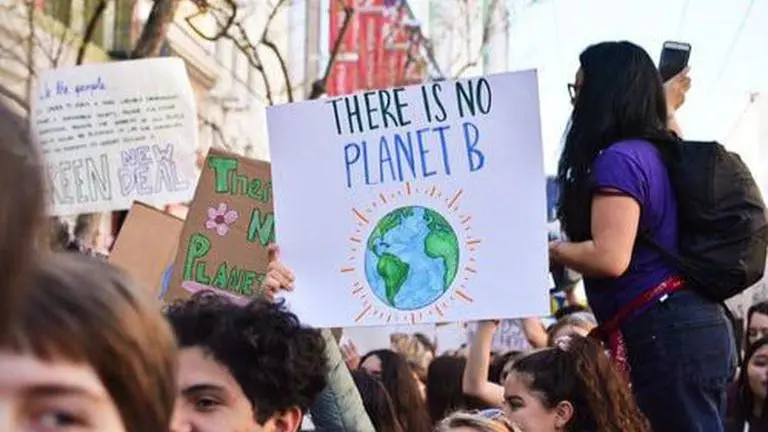Updated 19 January 2022 at 18:00 IST
Climate Change: Rural & urban areas are adapting differently to the threat, says new study
Scientists found that the adaptation efforts of people in Europe and North America relied upon infrastructure & technology as opposed to those in Africa.
- Science News
- 2 min read

The problems posed by climate change are no secret now as scientists, on multiple accounts, have warned about the Earth's glacial meltdown and threats faced by certain animal species. While the current generation is learning to live with the changing environment, researchers through a new study have found that human adaptation to climate change is still inadequate and slow. Involving an international team, the study was conducted by the Global Adaptation Mapping Initiative (GAMI) wherein the scientists gathered data regarding climate change adaptations.
Different areas of the world are adapting differently, study finds
After assessing almost 50,000 scientific documents through machine learning, the researchers concluded that human response to climate change is different in different parts of the world. However, the experts clarified that there is no evidence if this adaptation to climate change was contributing to reducing the risks.
"It was no surprise to find that most of the adaptations being documented are at the very local level, including individuals, households and local governments", Alexandra Lesnikowski, study author and Concordia University professor said as per Patrick Lejtenyi's report from the same institution. Lesnikowski added that an imbalance has emerged as although a lot is happening at the local level, unlike the national level. The data analysis also revealed that the adaptation measures and techniques are very different in the population in rural and urban areas. Scientists found that the adaptation efforts of those living in Europe and North America relied upon infrastructure and technology whereas the same efforts involved a behavioural and cultural aspect in underdeveloped areas of Africa and Asia.
Despite these findings, Lesnikowski said that the experts still don't know if these adaptation efforts will pay any dividends and if they will work in other parts of the world. Moreover, she added that this study, "raises the question of whether our current approaches to adaptation are going to be sufficient to deal with escalating risks and growing social vulnerability, particularly at higher levels of global warming".
Advertisement
Image: Unsplash
Published By : Harsh Vardhan
Published On: 19 January 2022 at 18:00 IST
